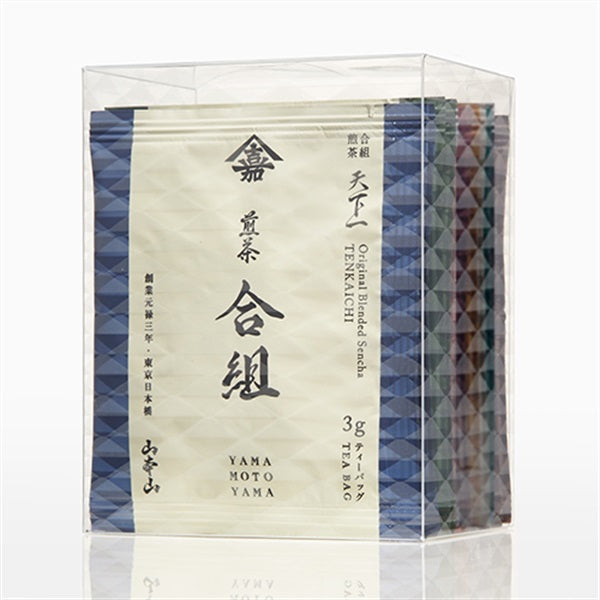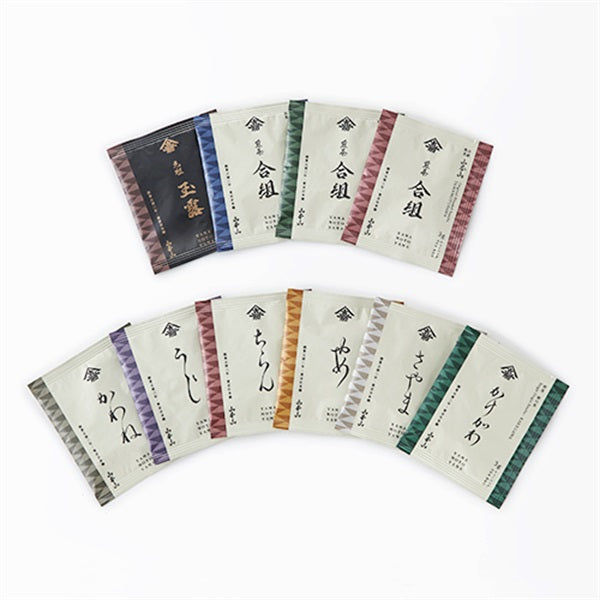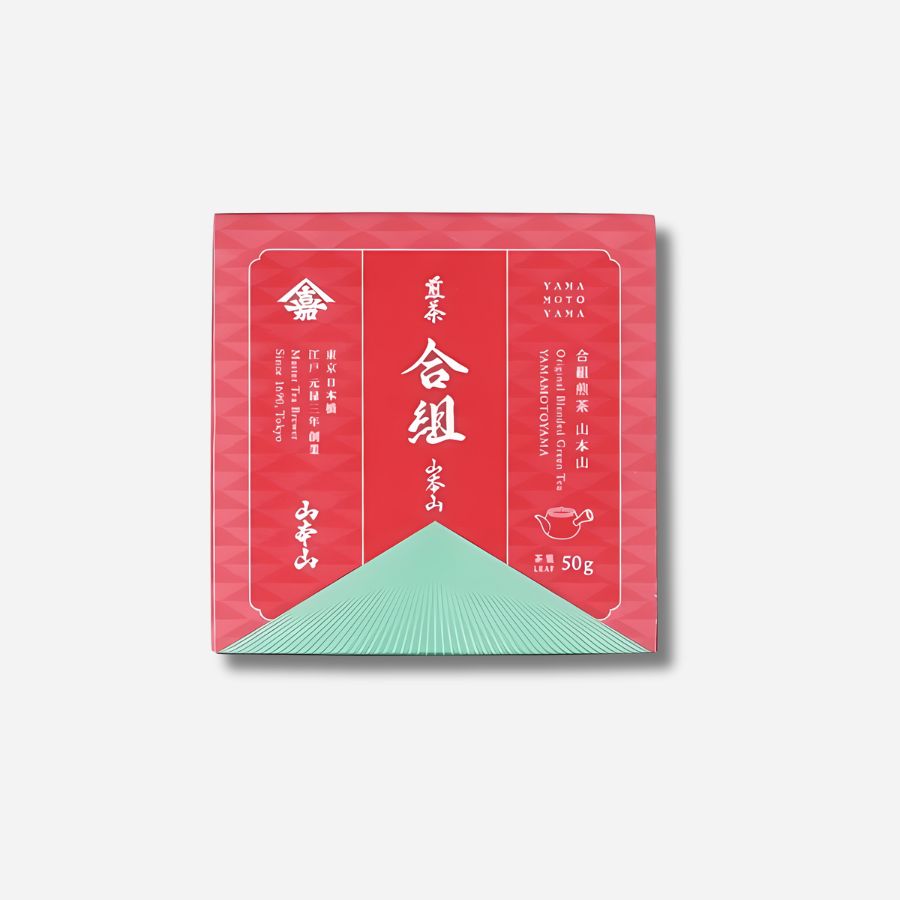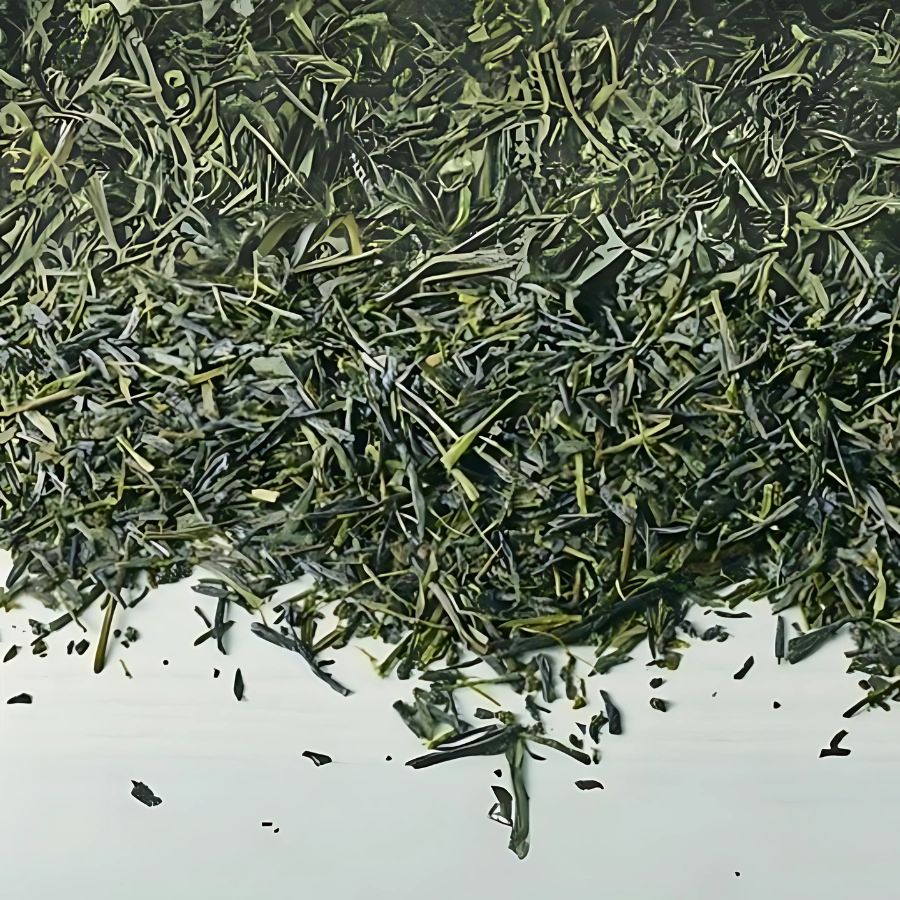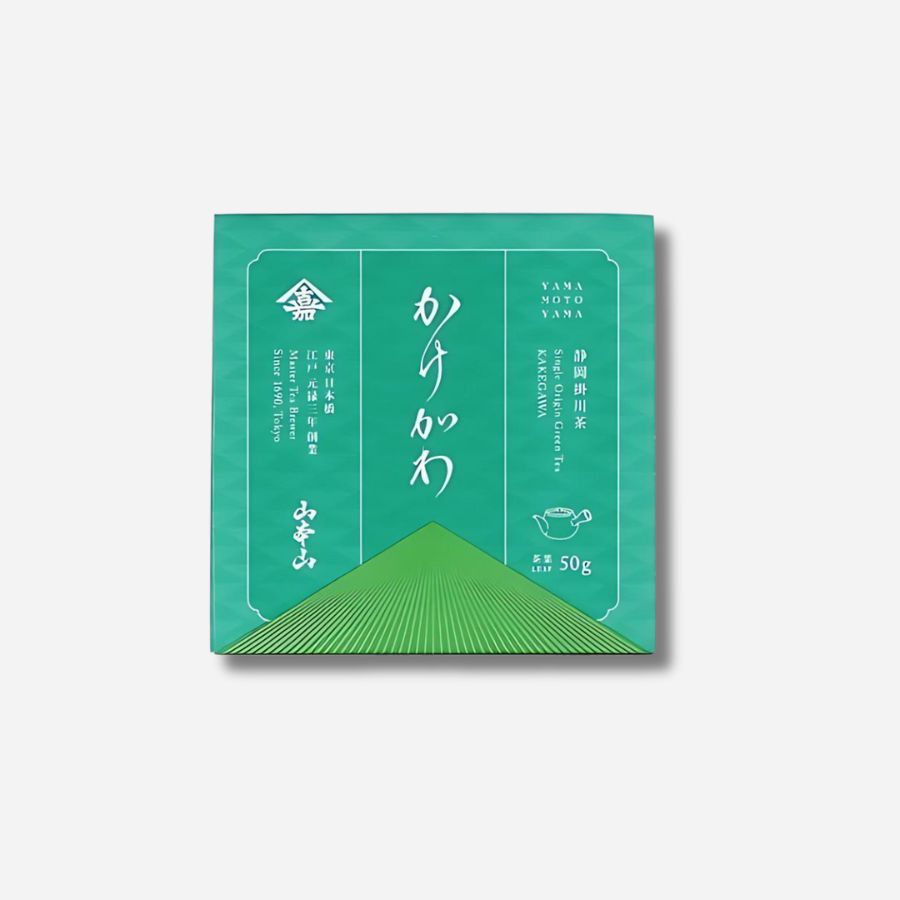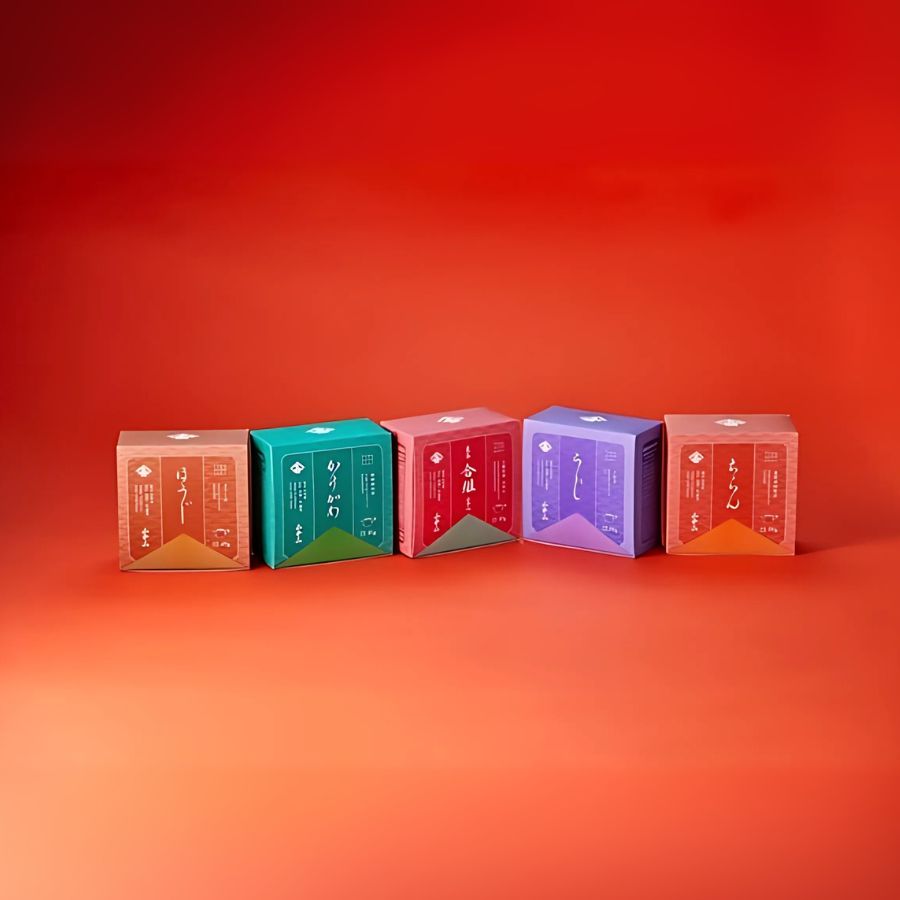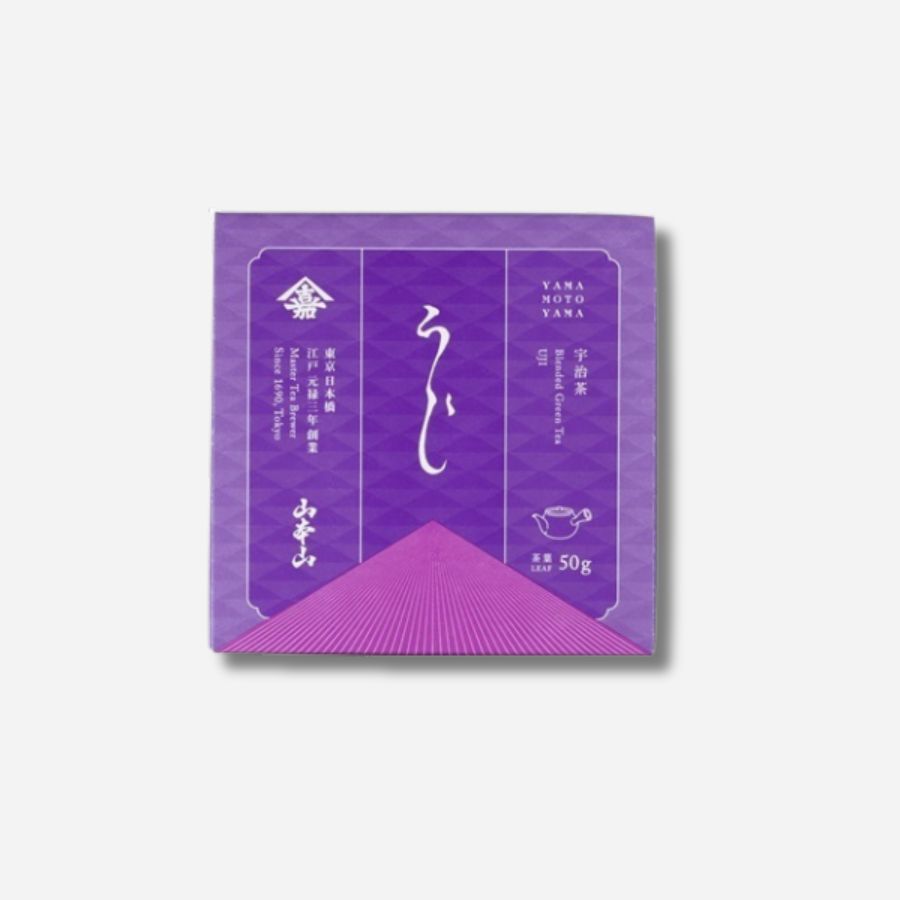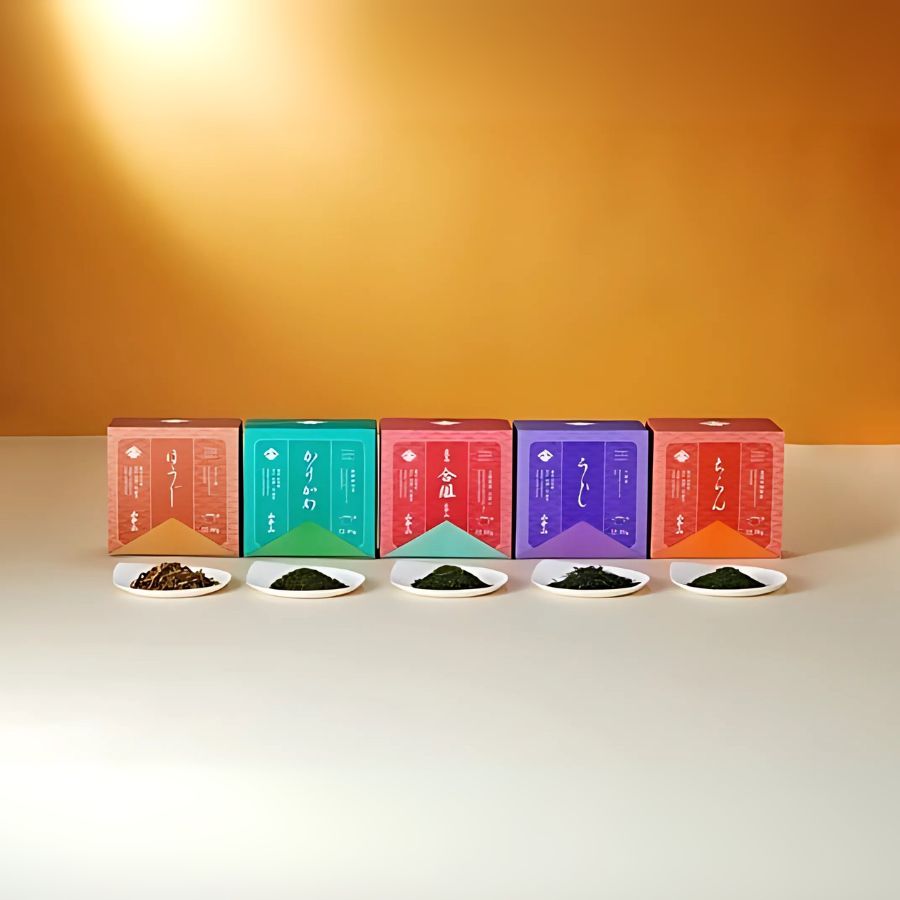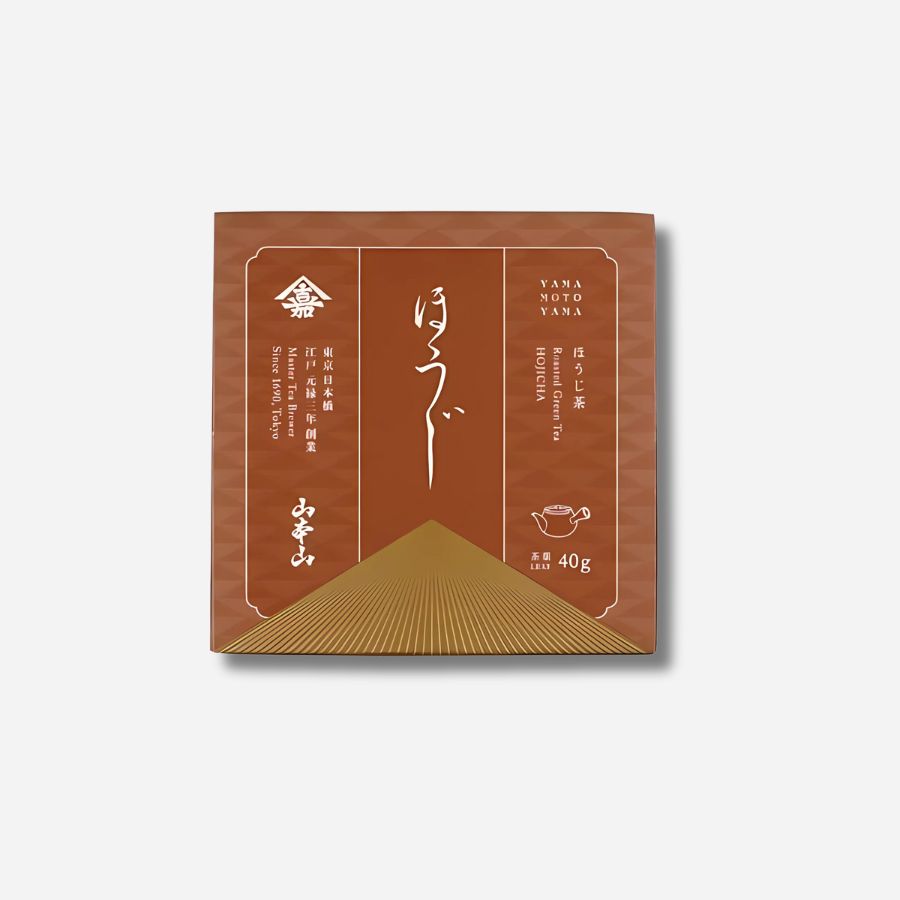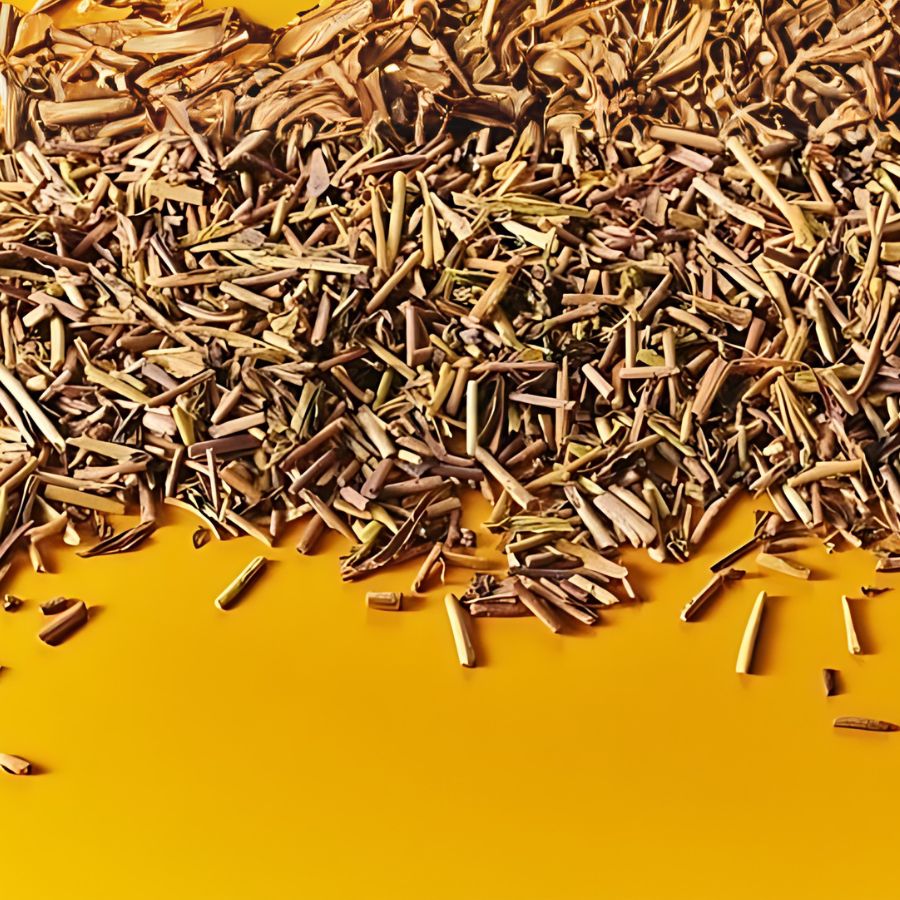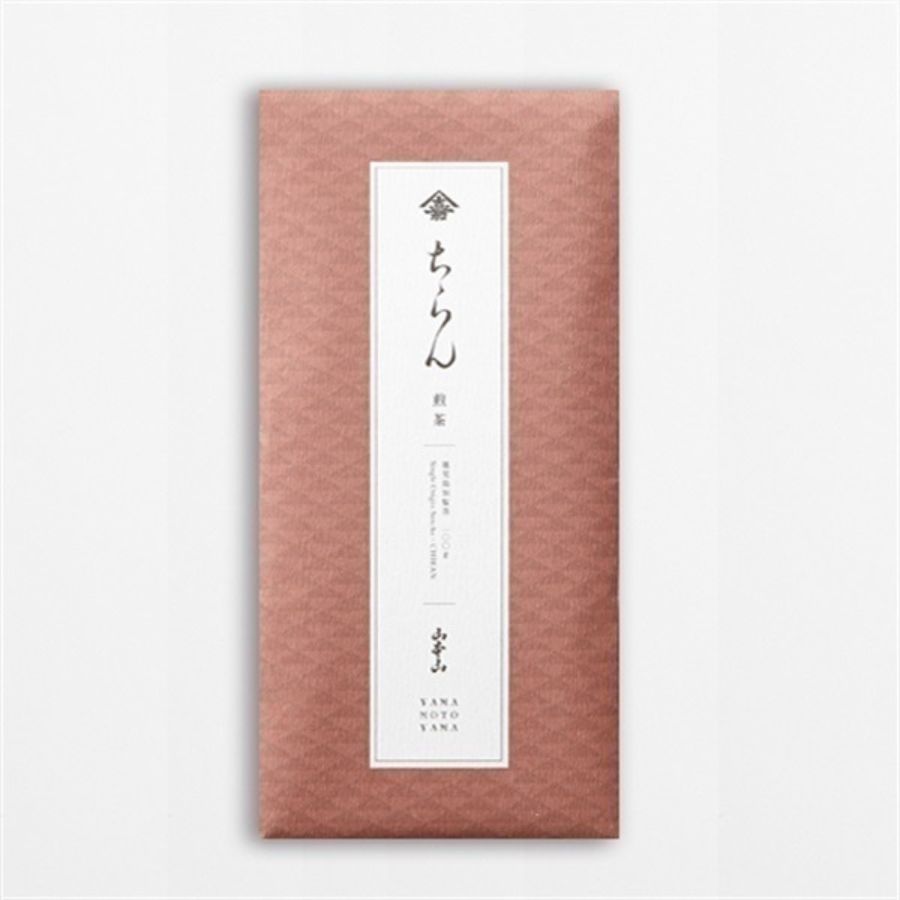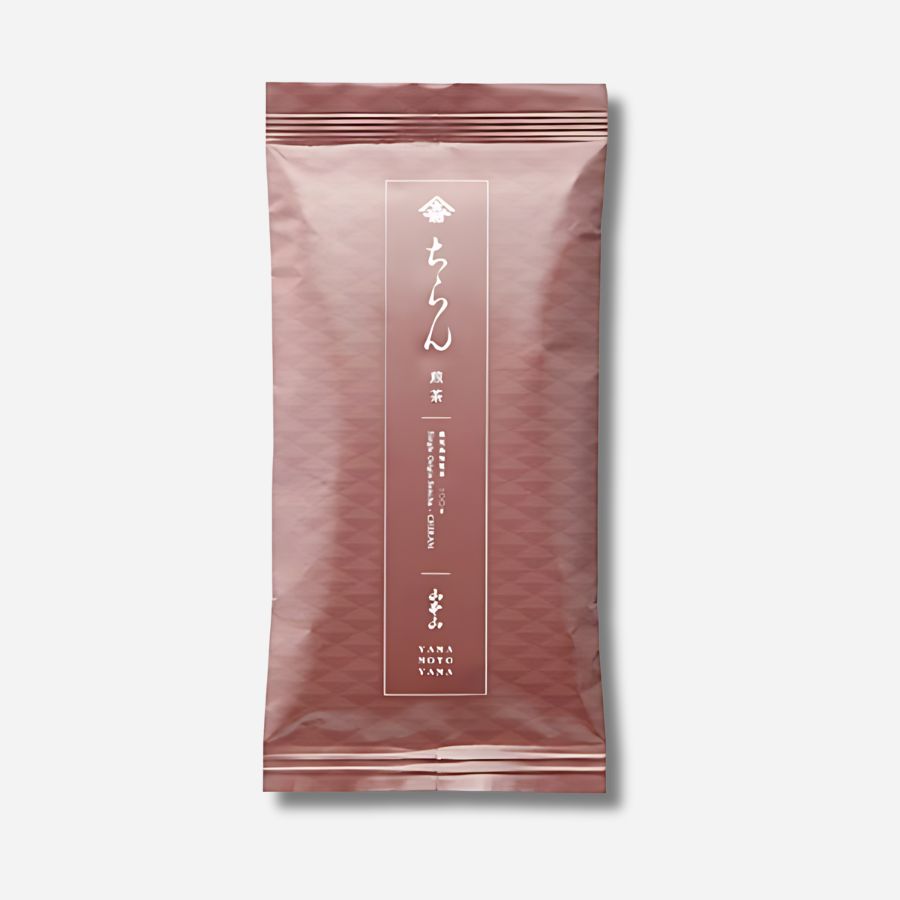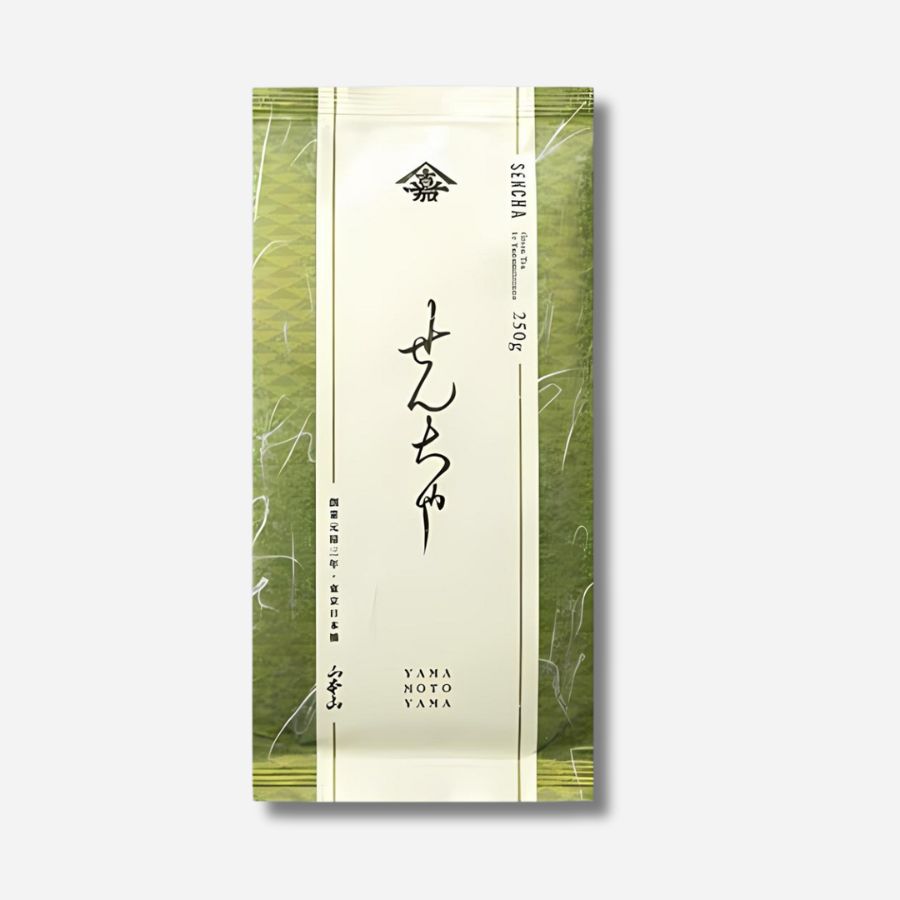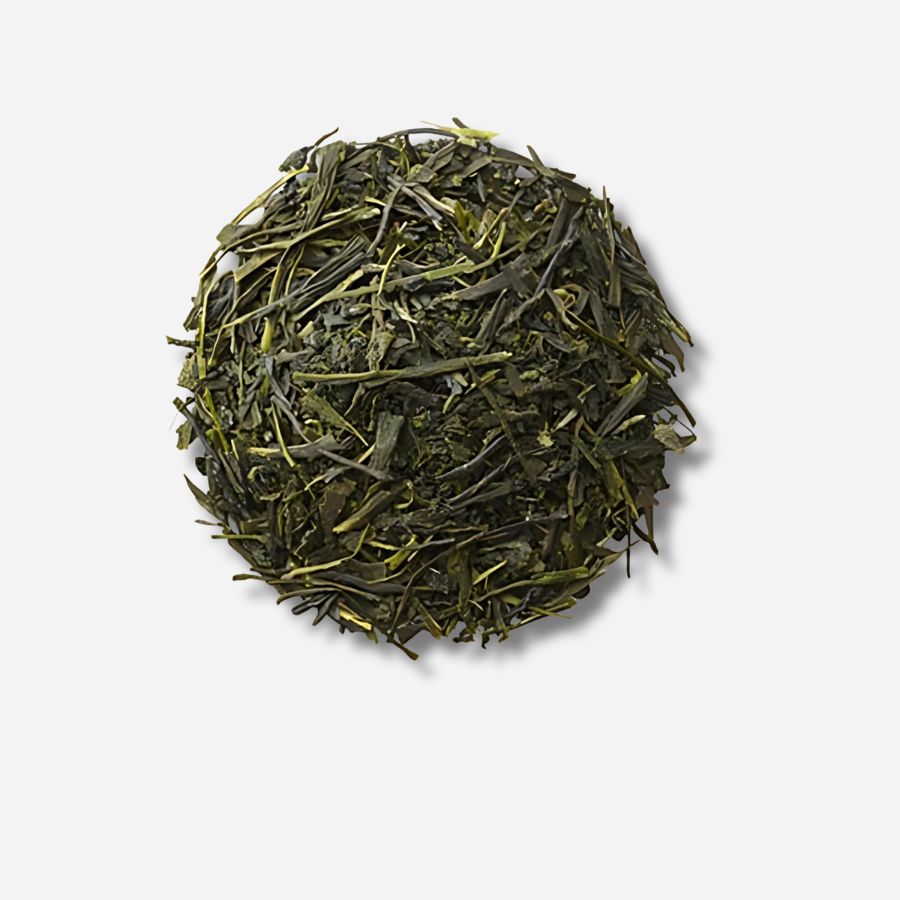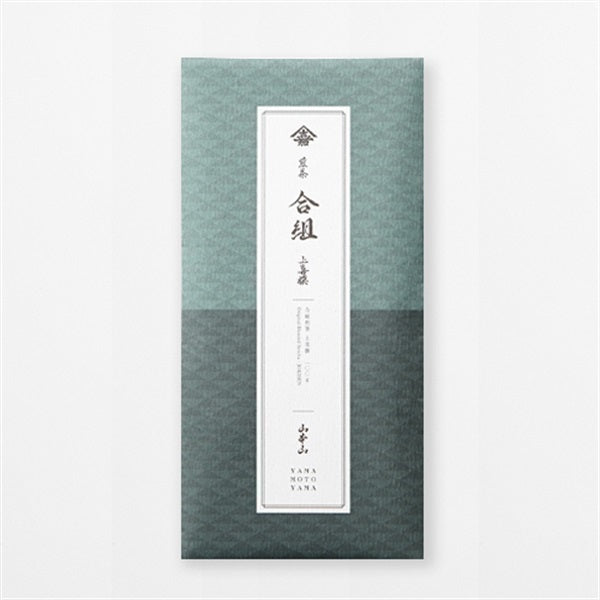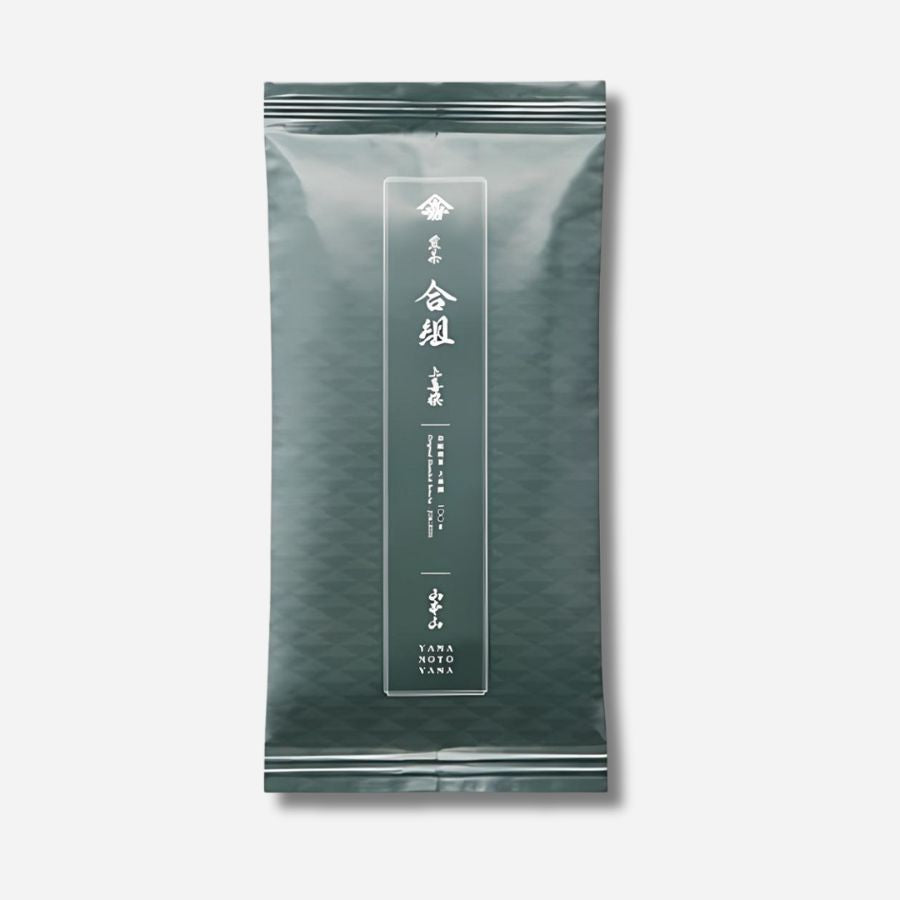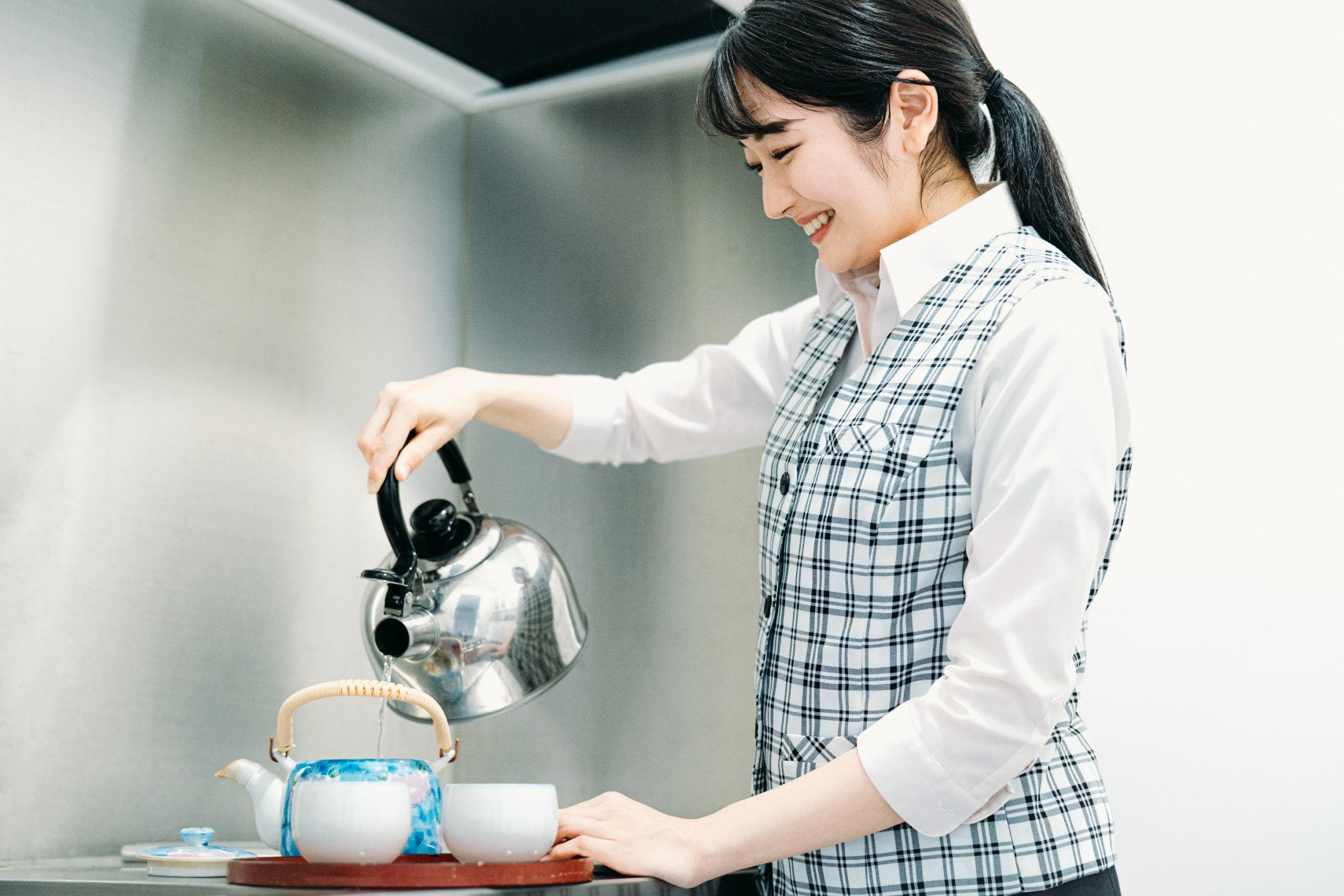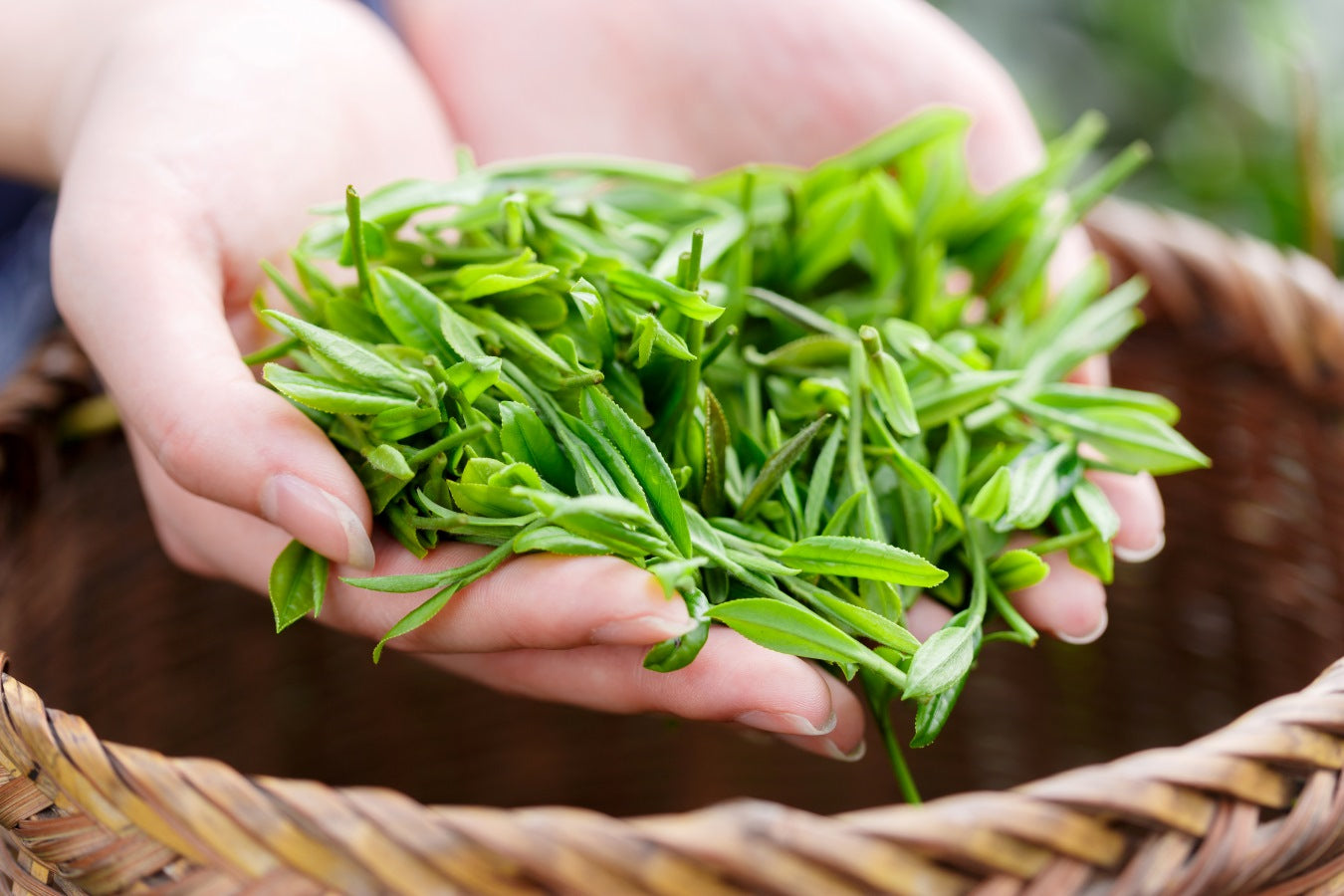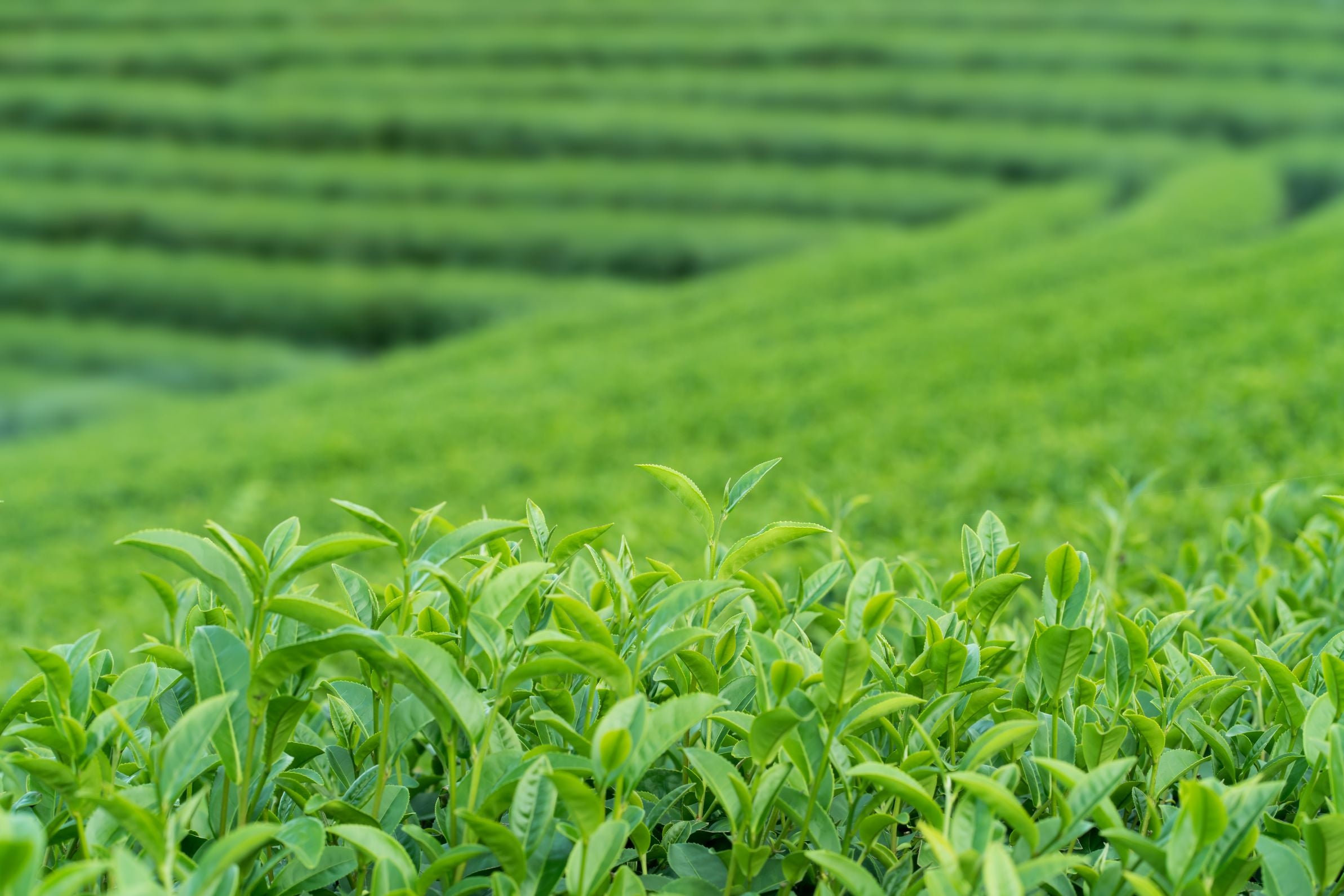
Drinking green tea every day will help you live a healthy life! The ingredients in green tea and their functions
- Introduction
- The benefits of Japanese tea, a long-loved beverage
- Ingredients contained in Japanese tea and their functions
- Expected effects of drinking Japanese tea
- Aging and antioxidant activity
- The beauty benefits of tea, from the inside and out!
- Other foods with antioxidant properties besides tea
- summary
Introduction
Japanese tea is not just a drink that has a nice aroma and taste. It is also attracting attention for its health benefits, such as anti-aging, dieting, and the prevention of lifestyle-related diseases. Let's take a look at the health benefits of tea this time.

The benefits of Japanese tea, a long-loved beverage
Japanese tea has been loved by people since ancient times, and in recent years its health benefits have been drawing renewed attention.
Our ancestors likely knew from experience the benefits of tea, such as waking up from sleepiness and relieving fatigue, but modern science has linked the health benefits of Japanese tea to specific ingredients. 
The main ingredients in tea and their functions
1. Catechin
Catechin, known as the bitter component of tea, has a strong antioxidant effect and is said to be useful in preventing cancer and lifestyle-related diseases.
It is also expected to have the effect of suppressing fat absorption. It increases under sunlight, and is found in large amounts in second- and third-grade teas.
2. Caffeine
The bitter component of tea. It has a stimulating effect, and is expected to wake you up and improve your concentration. It is also known to promote diuresis and digestion.
3. Theanine
It is a type of amino acid that gives tea its delicious flavor. It is expected to have a relaxing effect and reduce stress as it promotes the generation of alpha waves.
4. Fluorine
The fluoride contained in green tea coats the leaves and creates bacteria that are resistant to acid, helping to prevent tooth decay.
5. Flavonoids
Flavonoids have strong antioxidant and antibacterial properties, as well as a deodorizing effect. They suppress odors, so they are effective against bad breath.
6. Vitamin A
Inhibits peroxidative substances that cause anti-aging. Provides antioxidant effects. Vitamins A, C, and E all have antioxidant and skin-beautifying effects.
7. Vitamin C
It is involved in collagen production, which affects the health of the skin and mucous membranes. It also has an antioxidant effect like vitamin A.
8. Vitamin E
It has antioxidant properties and improves blood circulation, which helps prevent skin aging.
The complex interactions of these ingredients allow Japanese tea to support our health in many ways.

Expected effects of drinking Japanese tea
- Prevention of lifestyle-related diseases : It has been shown that catechins may be useful in preventing lifestyle-related diseases such as high blood pressure, hyperlipidemia, and arteriosclerosis.
- Beauty benefits : Contains antioxidant ingredients that prevent skin aging and promote beautiful skin.
- Relaxing effect : Theanine has a relaxing effect and reduces stress.
- Increased focus : Caffeine helps improve focus and productivity.

Aging and antioxidant activity
We humans all grow old. This is a natural process and seems inevitable.
However, if we could slow down the speed of aging even just a little, we could live healthier and more vibrant lives.
One of the causes of aging is a substance called "active oxygen" that is produced in the body.
Active oxygen naturally works to attack bacteria that invade the body, but it can also damage the cells in our body. Accumulation of this cell damage can lead to various illnesses, including aging and lifestyle-related diseases.

However, our bodies have a mechanism to prevent the harmful effects of active oxygen. This mechanism is called "antioxidant action." Substances with antioxidant action protect our bodies by binding with active oxygen and weakening its action.
Catechins, vitamins A, C, E, and flavonoids contained in Japanese tea are representative antioxidants. These ingredients have antioxidant properties that stop active oxygen from attacking the body, slowing down aging and improving skin condition.
All teas have antioxidant properties, but matcha in particular is known to contain more antioxidants than other green teas.
Matcha is made by powdering whole tea leaves, and its unique feature is that it allows you to consume all of its nutrients. This means that you can efficiently take in fat-soluble ingredients such as vitamins and carotene.

The beauty benefits of tea, from the inside and out!
We take in the nutrients our bodies need through the food and drink we eat, but it is also effective to absorb nutrients directly through our skin.
For example, there are various methods, such as using tea bags to care for your skin, or putting tea leaves or tea leaves in the bath to warm your body. Of course, some methods may suit you better than others depending on your constitution, but it's a good idea to try out these methods.

Other foods with antioxidant properties besides tea
Our bodies are exposed to various types of oxidative stress every day. In order to protect the body from this oxidative stress, it is important to consume foods with antioxidant properties.
Nutrients that are said to have high antioxidant effects include vitamins A, C, E, polyphenols, and beta-carotene. Foods that are known to contain a lot of these nutrients include green and yellow vegetables (spinach, carrots, etc.), shiso, red wine, cocoa, and lemons.
For example, beta-carotene contained in green and yellow vegetables is converted into vitamin A in the body and helps maintain eyesight and healthy skin, while the polyphenols contained in red wine are expected to reduce the risk of heart disease.
By incorporating these foods into your diet in a balanced way, you can prevent oxidation in the body and help maintain good health.

summary
How was it?
Japanese tea has been popular among people since ancient times, and I hope you have seen that its health benefits are still attracting attention today.
Why not take the first step towards staying youthful and healthy by drinking a cup of Japanese tea every day?

